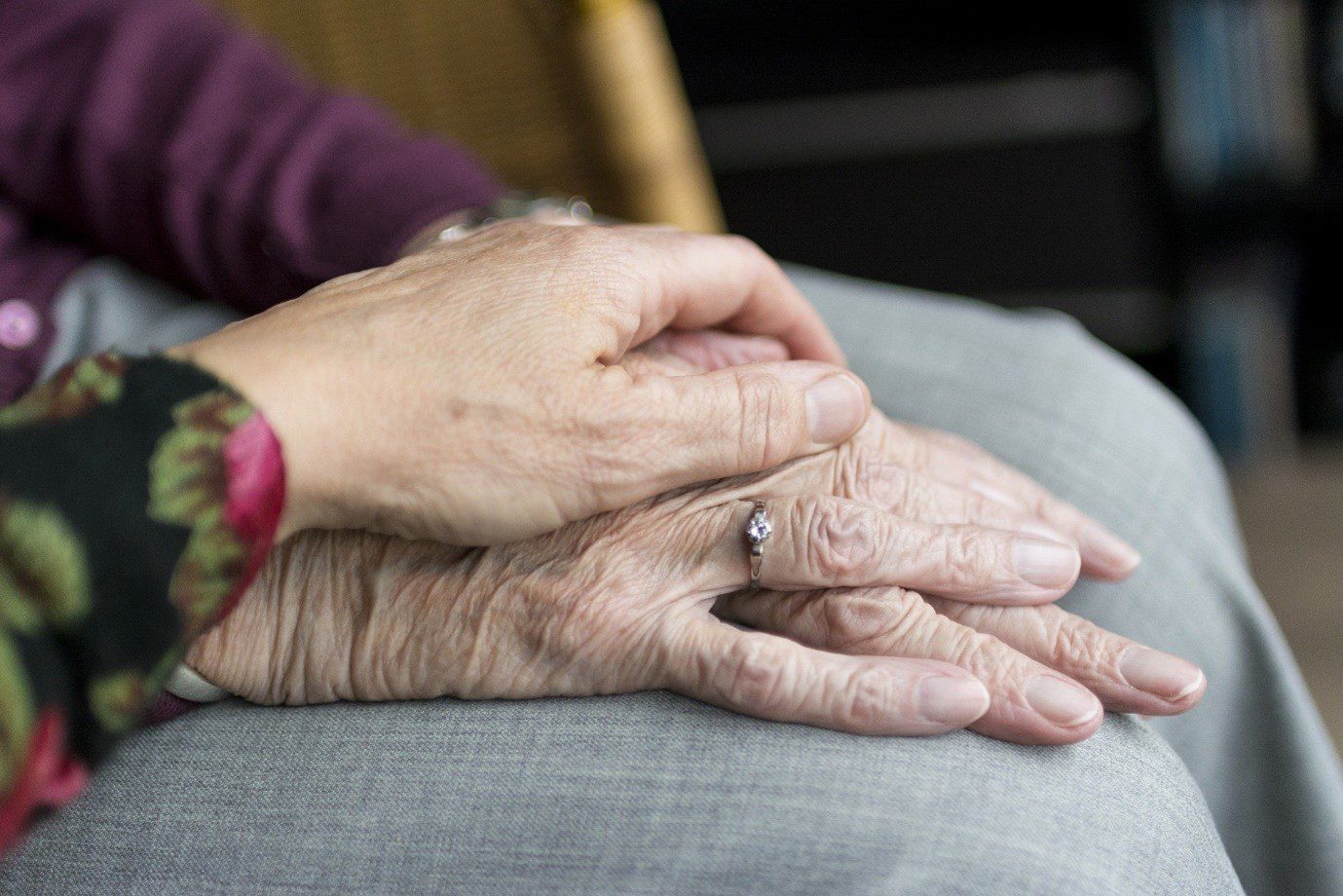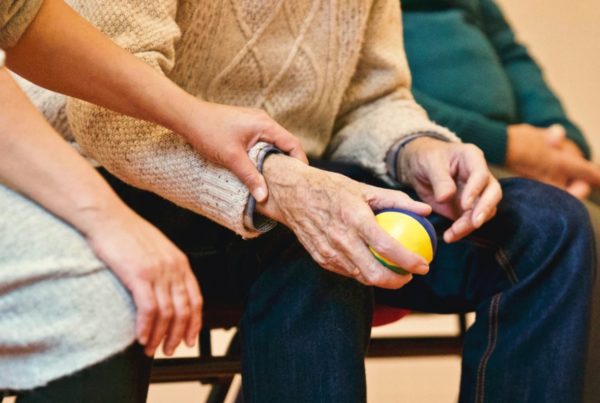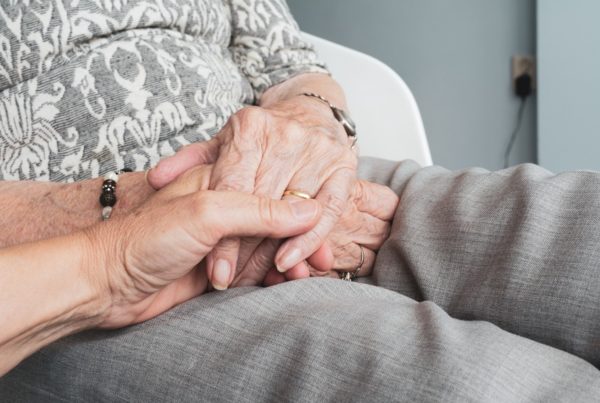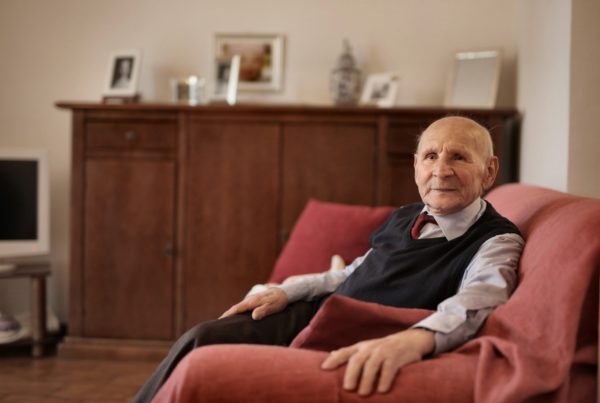Live in care can come in many different forms, including live in companionship care, live in specialist care, dementia care, respite care, or even private end of life care. All live in care roles and live in care options are extremely rewarding to carers but there can be times that can be challenging.
Isolated and Lonely
As part of a live in carers role, they are required to stay at their clients house and take care of them 24/7 when required. This can disconnect them from the outside world and restricts them from socialising with their family and friends. This lack of social interaction can make live in carers feel exhausted and drained.
Delivering Constant Physical Assistance
Many live in carers responsibilities include providing physical assistance which for some live in carers can cause a physical strain on their body. Sometimes carers have to lift up their clients to move them whilst performing everyday tasks. They also need to cook, clean and fulfil most housework tasks as their duty. These constant daily tasks can lead to exhaustion and sometimes back pain.
Being Vigilant
Working as a live in carer requires them to be vigilant at all times because they need to monitor their clients conditions with precision. They may also need to provide medications at certain times with correct dosages which should be taken extremely seriously. A live in carers watchfulness also extends through the night which may lead them to suffer from poor sleep and rest.
Mentally Challenging
The intense work can eventually be the cause of some mental health problems, such as depression. The unique and specific challenges that being a live in caregiver holds can affect 3 in 5 and depression is one of the common conditions. Focusing on one person can cause carers to have little time for their own wellbeing and physical/mental needs.
A Decline In Health
Over time, live in carers often create a friendship or develop a love for their client, similar to a family member. It can be particularly upsetting if their health starts to dramatically decline, especially when they are elderly, ill people. Having to cope with situations like these can be very difficult and it may impact their other duties as a live-in carer. Finding the balance between being professional and being compassionate it the best way to deal with these sudden changes.
All of the points above can be helped with respite care. It is essential for live in carers to give themselves breaks regularly to rest so they have time to relax and don’t burn out. These breaks can be to do regular everyday activities, to just relax or to take a holiday. Taking a break can benefit both the live in carer and the individual receiving care.
Live in carers could benefit from respite care – this will allow them to maintain their identity, increase their social engagement and reduce how stressed they are. Many carers can feel ashamed or embarrassed about their feelings. However, it can be very helpful to talk to a doctor or to receive professional help through counselling.




